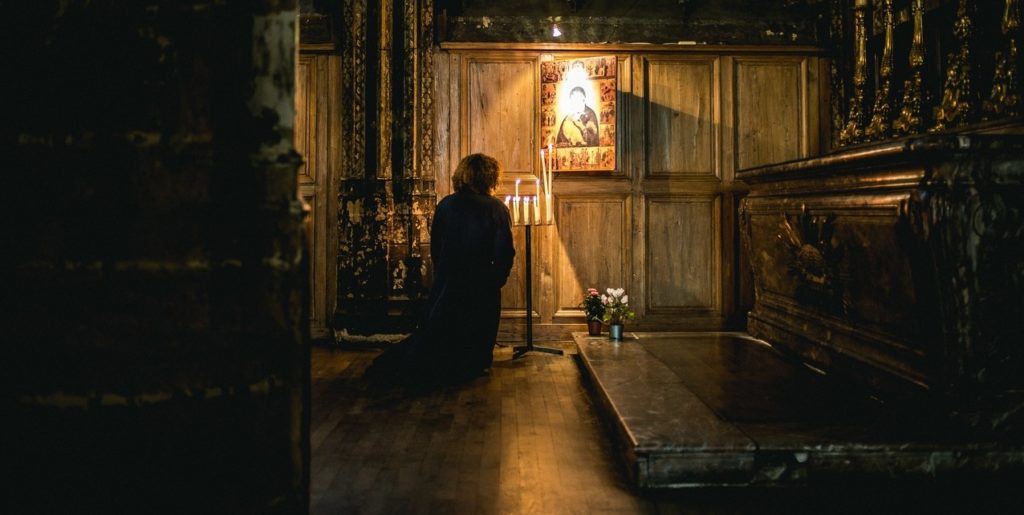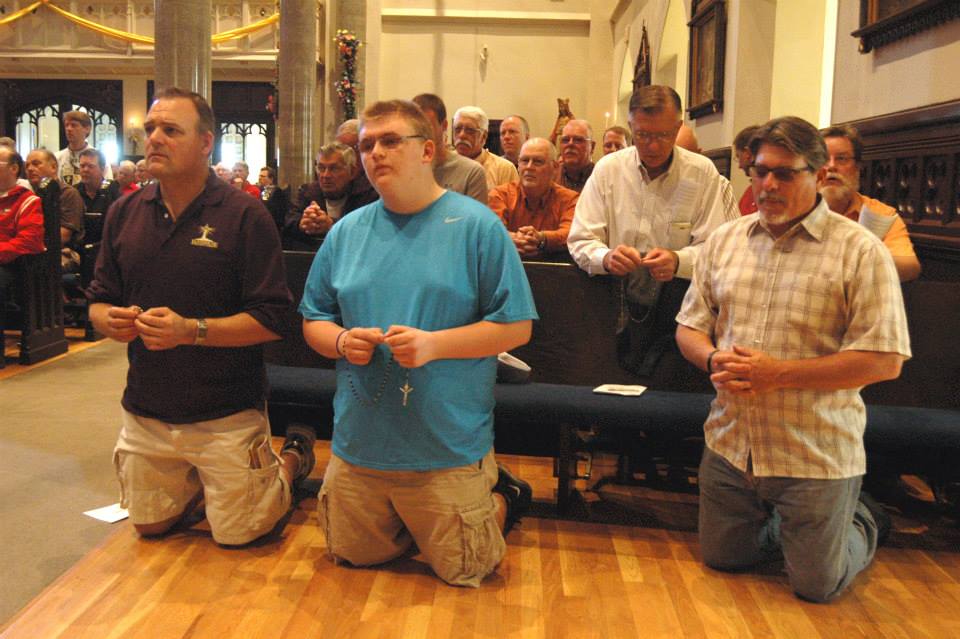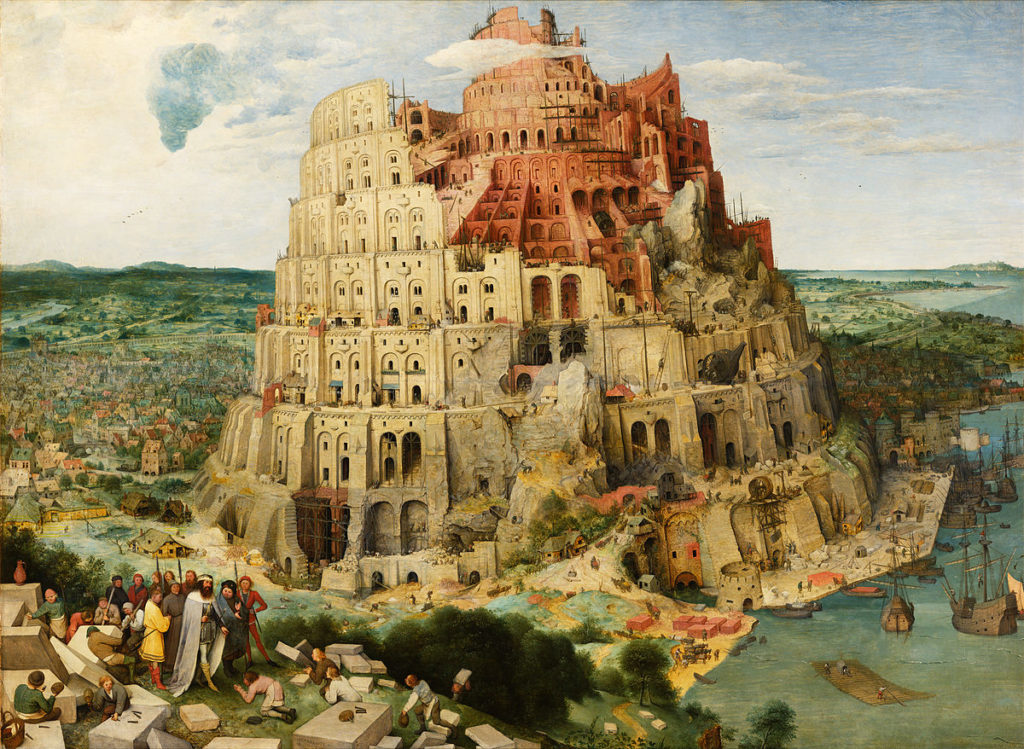If You Want God, You Have to Put in the Effort
No Effort, No Goals I coach youth soccer. My team is composed of 6 and 7-year-olds, many of whom this is their first time playing organized sports. Unfortunately, today’s kids don’t spend as much time playing sports as previous generations. The reason this is unfortunate is that they miss out on working hard towards something […]
If You Want God, You Have to Put in the Effort Read More »










